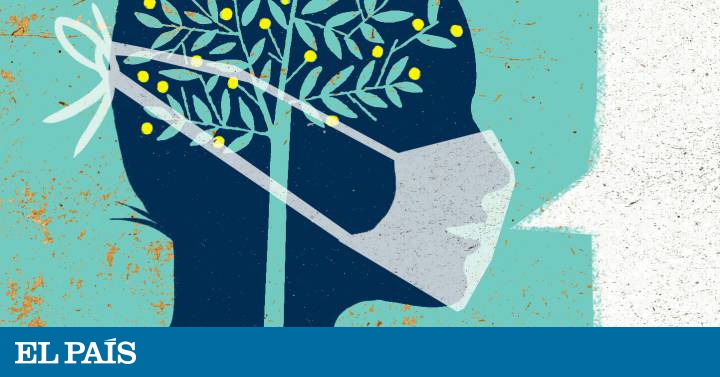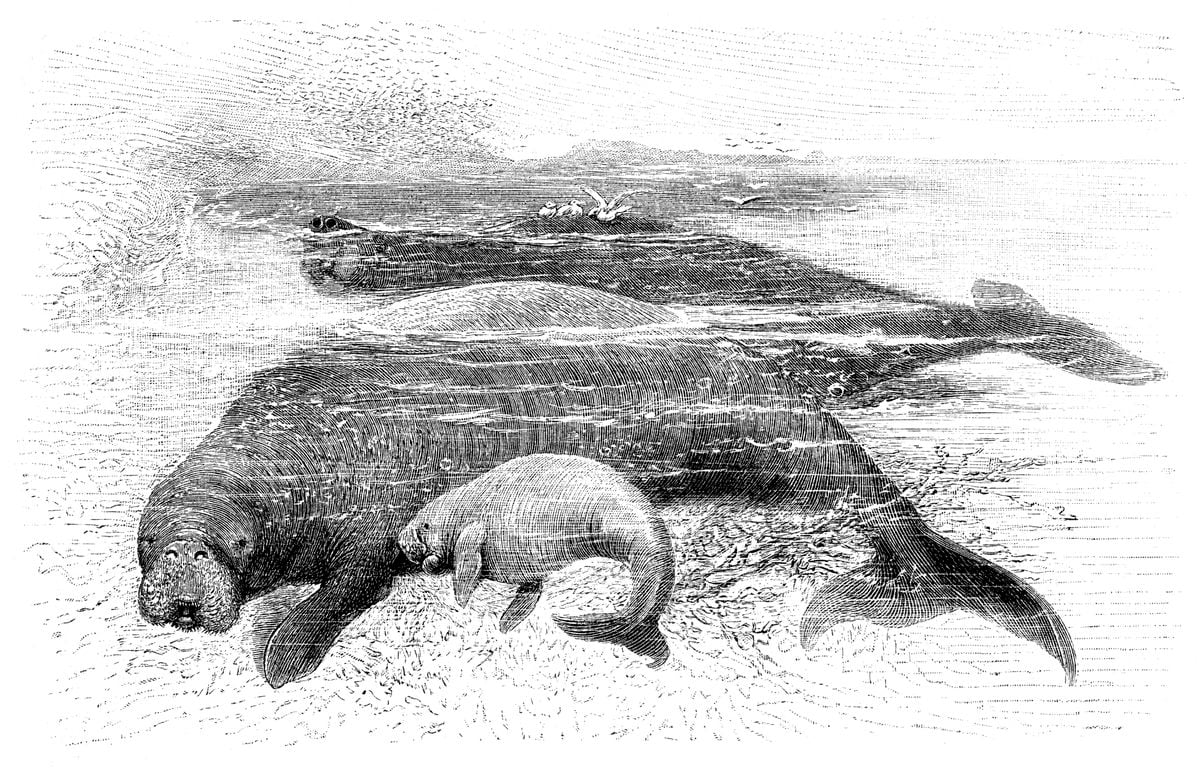For the first time since we can remember the voices that prevail in Spanish public life are those of people who know; for the first time we are witnessing the open celebration of knowledge and experience, and the deserved and hitherto unprecedented prominence of those professionals from diverse fields whose mixture of maximum qualification and civil courage always sustains the complicated mechanism of the entire social life. In television programs where until recently there were exclusive talkatives specialized in giving their opinion on anything at any time, now there are family doctors, epidemiologists, public officials who face a disease that has disrupted everything every day and that in any moment can attack them themselves. Every evening, at eight o'clock, on the empty streets, applause breaks out like a sudden storm, directed not at deceitful demagogues but at health workers, who until yesterday carried out their task harassed by the continuous cuts, the lack of means, the sometimes aggressive disdain of whimsical or whining users. Now, except in the usual redoubts, we do not hear slogans, nor campaign slogans designed by advertisers, nor banalities coined by that kind of gurus or sorcerer's apprentices who design strategies of "communication" and who here, what remedy, is already known. called spin doctors: foolers, tricksters, smoke vendors.
Reality has forced us to place ourselves on the ground until now very neglected of the facts: the facts that can and must be verified and confirmed, so as not to confuse them with delusions or lies; phenomena that can be measured quantitatively, with the highest possible degree of precision. We had become accustomed to living in the fog of opinion, of diatribe over words, of discrediting the concrete and verifiable, even of open disdain for knowledge. The public and shared space of the real had disappeared in a whirlwind of private bubbles, within which each one, with the help of a mobile screen, elaborated his own tailor-made reality, his own universe whose protagonist and center he was. herself, herself.
I was walking down the street and I noticed that almost everyone around me managed to live in their private space, just as if they were in their living room, in their bedroom, even in their bathroom. : the diadem of the giant helmets so as not to hear the outside world and to be fed at all times by a sound string adjusted to your preferences; your gaze not on the people you come across, but on the screen you are looking at; the voice speaking in the same tone as in a closed room, so neglected by the others that it was customary to involuntarily attend intimate embarrassing conversations, fights, tears.
It took us a calamity to suddenly discover the value of solid and precise knowledge
"You have every right in the world to your own opinions, but not to your own facts," wrote the great Democratic senator and civic activist Patrick Moynihan. He said this before a Donald Trump spokesman coined the term "alternative facts", and that the economic hardship of the media led them to feed on opinions rather than facts, since it will always be much more expensive, more laborious and it is even more risky to investigate a fact than to express an opinion. Added to this is a diffuse collective hostility, which the media encourages, towards everything that seems too serious, heavy, not very playful. The interviewer does not hide his impatience before the guest who sounds rewarding as he tries to explain. He interrupts it: "Give me a headline." Investigating rigorously and explaining clearly requires knowledge and experience, which is the deepest knowledge that can only be obtained with time and practice: they are the qualities necessary to carry out a committed public task, from assisting a patient in an emergency room keep it clean, or drive an ambulance, or set up a field hospital overnight.
But between us the experience had lost any value and all its prestige, and the knowledge caused suspicion and even mockery. When everything has to look ostentatiously young and associated with the latest technological innovation, the experience is useless, and even becomes a disadvantage for whoever owns it; When someone believes that they can live installed in the bubble of their private narcissism or of that other collective narcissism that are identity fantasies, knowledge is a malleable substance that takes the form that one wishes to give it, just as their personal presence is shaped by timely virtual filters. And politics ceases to be the debate on possible and always limited ways of improving the world for the benefit of the majority to become a perpetual theater, a virtual reality show, not subject to pragmatism or sanity, a phantasmagoria that It is strengthened by ignorance and effectively masks the crude ambition for power, the abuse of the strong over the weak, the spread of injustice, waste, theft of public money.
Neither the left nor the right have any qualms about replacing history with patriotic fables or legends of victimhood
In Spain, the right-wing war against knowledge is immemorial and also very modern: it combines archaic obscurantism with the protection of perfectly contemporary venal interests, which are the same that drive the open war of the Republican Party against knowledge in the United States. scientist, financed by large oil companies. The right prefers to hide the facts that harm their interests and privileges. The left distrusts those who seem not to conform to their ideals, or to the interests of the profiteers who disguise themselves with them. The cultural left joined many years ago a postmodern relativism that finds any form of objective knowledge suspicious of authoritarianism and elitism. Neither the left nor the right have the slightest hesitation in substituting historical knowledge for patriotic fables or retrospective legends of victimhood and emancipation.
Curiously, in Spain, the left and the right have always agreed to push aside or corner people with knowledge and experience in the public sphere, and subject them to the control of pseudo-experts and plugged-ins. High school teachers and professors have been subjected to the scourge of psycho-pedagogues and political commissioners for decades; Doctors and nurses in public health have been subjected to the whim and inexperience of alleged management or human resources experts whose only talent is to thrive in the tangle of political office.
It took us a calamity like the one we are now suffering to suddenly discover the value, the urgency, the supreme importance of solid and precise knowledge, to strive to separate the facts from the hoaxes and the phantasmagoria and to immediately distinguish the voices of people who really know, those who deserve our admiration and our gratitude for their heroism as public servants. Now we are somewhat ashamed of having become so accustomed or resigned to the discredit of knowledge, to the celebration of imposture and ignorance.
Antonio Muñoz Molina is a writer.
You can follow EL PAÍS Opinion on Facebook, Twitter or subscribe here to the Newsletter.








